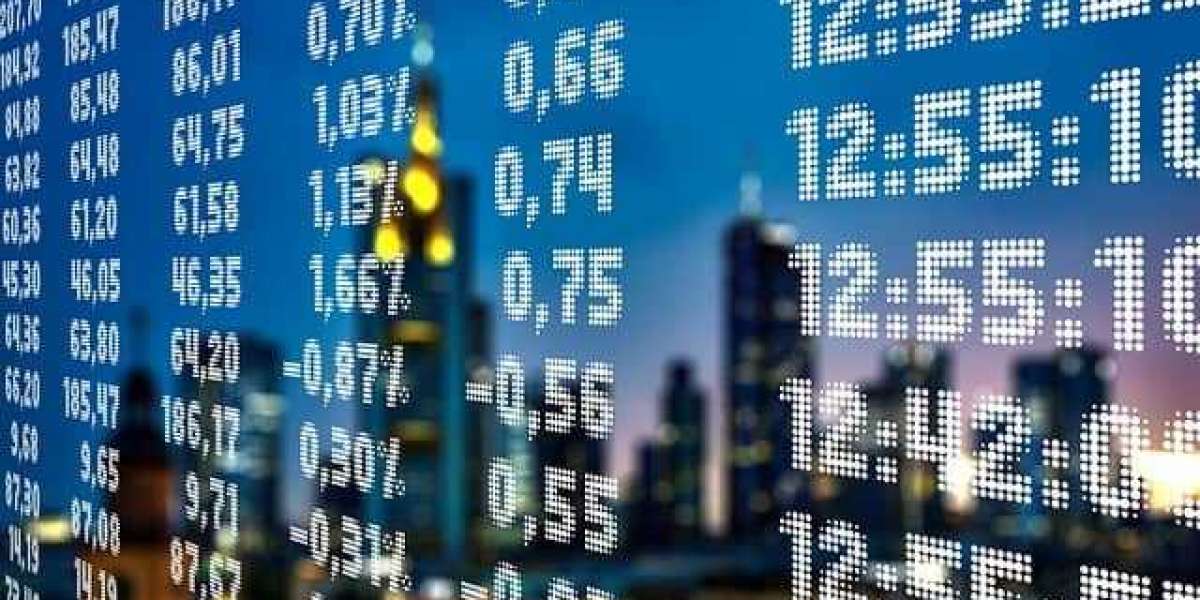The stock market and the economy are two closely intertwined aspects of the financial world. The stock market is a reflection of the state of the economy, as it is influenced by a wide range of factors such as economic growth, inflation, interest rates, and global events. In this blog, we will explore the relationship between the stock market and the economy.
The Stock Market as an Economic Indicator
The stock market is often used as an indicator of the health of the economy. When the stock market is up, it is generally seen as a sign that the economy is performing well, and vice versa. The stock market is a barometer of investor sentiment and expectations for future growth, and can signal optimism or pessimism about the future of the economy.
Corporate Earnings and Economic Growth
The stock market is also influenced by the performance of individual companies, and by extension, the overall health of the economy. When companies are performing well and making profits, their stock prices tend to rise, and this in turn can lead to increased investment and job creation. This is because companies that are making profits are more likely to expand and invest in new projects, which can lead to economic growth.
Interest Rates and the Stock Market
The relationship between interest rates and the stock market is another important factor to consider. When interest rates are low, it becomes easier and cheaper for companies to borrow money, which can stimulate investment and economic growth. However, low interest rates can also lead to inflation, which can erode the value of investments and lead to instability in the stock market.
Global Events and the Stock Market
The stock market is also influenced by global events such as wars, natural disasters, and political turmoil. These events can have a significant impact on the economy, and can cause fluctuations in the stock market. For example, if a major trading partner experiences a recession, this can have a ripple effect on the global economy, and can lead to a decline in the stock market.
The Stock Market and Consumer Confidence
Consumer confidence is another important factor to consider when examining the relationship between the stock market and the economy. When consumers are optimistic about the future and feel secure in their jobs and finances, they are more likely to spend money and invest in the stock market. This can lead to increased economic growth and can drive up the stock market. However, if consumers are worried about the future and are holding back on spending, this can lead to a decline in the stock market and a slowdown in economic growth.
Conclusion
In conclusion, the relationship between the stock market and the economy is complex and multifaceted. The stock market is a reflection of the state of the economy, and is influenced by a wide range of factors such as economic growth, inflation, interest rates, and global events. The performance of individual companies, as well as consumer confidence, also play a significant role in the stock market. As such, it is important for investors to carefully consider all of these factors when making investment decisions, and to be aware of the potential risks and rewards associated with investing in the stock market.






